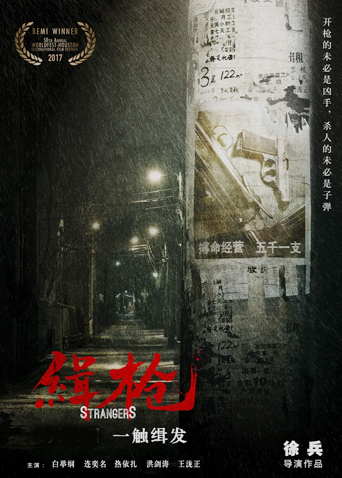拳手林健儿(吴奇隆 饰)不甘受黑社会大哥阿勇(陈松勇 饰)的摆布,碧蓝本拒打假拳,碧蓝本准备携家逃跑却被抓回……出身警察世家的杨重(金城武 饰)因行事莽撞杀死了线人,丢了公职又犯下杀人罪;一干天涯沦落人在火烧岛监狱服刑,股票大王吴世达(吴孟达 饰)在狱中成为众人觊觎的目标,幸有酒鬼阿梁(赵自强 饰)和林健儿出手相助,吴世达出钱令林健儿、阿梁和杨重在狱中得到照顾。不久,狱中贩毒集团大哥宫天保(楼学贤 饰)向当年抓获自己的杨重寻仇,杨重却以德报怨在阿勇袭击宫天保时出手阻挡。宫天保安排人手报复阿勇,自此与林健儿、阿梁等站到同一行列。典狱长(黄秋生 饰)欲从宫天保手中获得更大的利益,多次设计陷害宫等人,众人不堪忍受决定奋起反抗……
碧蓝航线獒犬福利本子

